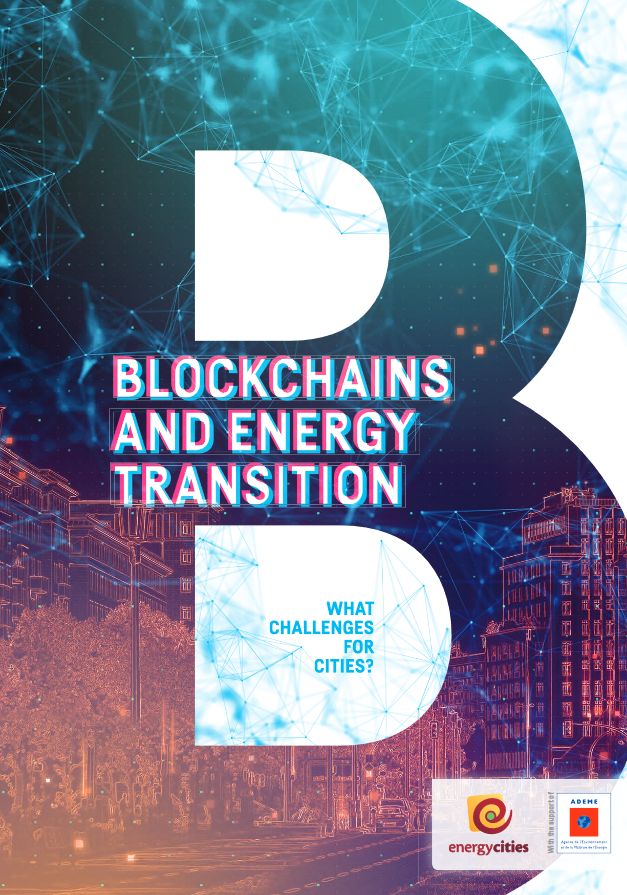The objective of this exploratory note is to provide an outline of the experimental use of blockchains in the energy sector by local authorities: to what extent can blockchains influence the energy transition of cities? How could this technology help cities and their inhabitants become energy producers and use all or part of the energy produced for their own consumption?
HYPERLEDGER
Hyperledger is an open-source initiative led by the Linux foundation in partnership with significant industrial players like IBM, Cisco, Intel, JP Morgan, SAP, etc. Hyperledger aims to reinforce the use of blockchains in different industries and has been working to that end with players operating in various sectors: the Internet of Things (IoT), finance, supply-chain management, ITC and other sectors.
ETHEREUM
Ethereum is an open-source initiative developed by the Swiss-based Ethereum Foundation. This initiative uses its own virtual currency called Ether. Ether is the most widely used virtual currency after Bitcoin.The Ethereum platform is based on the principle that its blockchain is public and open to all. It can be viewed as a virtual machine designed to remotely supply all the services of a computer, like a distributed cloud.
CONCLUSION
Describing precisely the tangible prospects of using blockchains for local authorities is quite complex, considering that their applications in the energy sector are still at an experimental or pilot stage. And some of these initiatives exclusively focus on the technological aspects, forgetting that blockchain technology is a means and not an end in itself.

